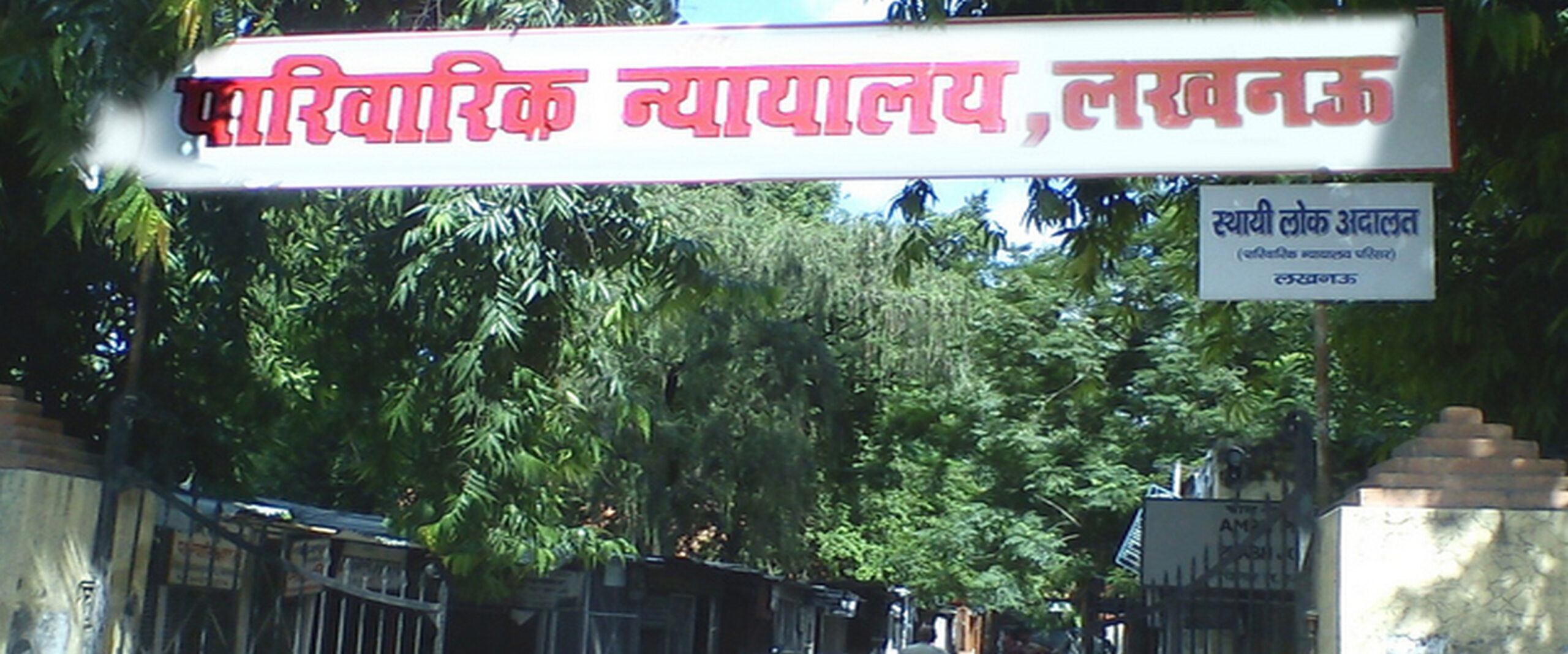Analysis
Court Reinterprets ‘Shared Household’ Under the Domestic Violence Law
Court holds that the definition of "shared household" under the Domestic Violence Act is exhaustive.

On October 15th 2020, a three-judge bench of the Supreme Court comprising Ashok Bhushan, Subhash Reddy and M.R. Shah JJ delivered a key judgment: Satish Chander Ahuja v Sneha Ahuja. This reinterpreted the definition of ‘shared household’ as defined by The Protection of Women from Domestic Violence Act, 2005 (DV Act).
Factual Background
The appellant Satish Chander Ahuja, was the father-in-law of the respondent Sneha Ahuja. His son Raveen Ahuja and the respondent got married in 1995 and started living on the first floor of a house bought by the appellant in 1983. Due to marital discord in July 2014, Raveen moved out and started living with his parents on the ground floor. On November 28th 2014, Raveen filed a petition for divorce on grounds of cruelty against Sneha. On November 20th 2015, Sneha filed an application under Section 12 of DV Act, impleading Raveen, the appellant and her mother-in-law Prem Kanta. She complained of severe emotional and mental abuse by the respondents and pleaded the court for multiple reliefs under the DV Act. The Trial Court passed an interim order preventing the respondents from alienating her from the shared household.
The appellant filed a separate suit for a mandatory and permanent injunction against Sneha. Citing his old-age and ailing health, he stated that Sneha had filed a false and frivolous case against his family and he wanted her to move out of his household so that he could live peacefully. His plaint further stated that since he was the sole owner of the house and not Raveen, he as a father-in-law had no obligation to maintain her during the lifetime of her husband. Sneha, in her reply, referred to her pending complaint case under Section 12 of the DV Act. In addition to that, she stated that the said house is a ‘shared household’ under Section 2(s) of the DV Act, which gave her the right to reside in it. The Trial Court held in favour of the appellant and allowed the injunction.
Sneha appealed the decision to the Delhi High Court. The Court set aside the decree and remanded the matter to the Trial Court with a set of instructions. It did not go into the merits of the contested property being a ‘shared household’ under Section 2(s) or not. However, it directed the Trial Court to take Sneha’s rights under the DV Act into account when passing decrees in the matter.
Aggrieved with the judgement, the appellant approached the Supreme Court. He cited the Court’s decision in S.R. Batra v Taruna Batra (2006) wherein it held that a wife can claim the right to residence under Section 17(1) of the DV Act only if the property is owned or rented by the husband, or which belongs to the joint family with whom the husband resides. However, the respondent argued that the Court in S.R. Batra erred in interpreting the provisions of the DV Act. She stated that the definition of ‘respondent’ under Section 2(q) does not include only husband but also his relatives who have treated the aggrieved person with domestic violence. Since the appellant has also been named as a ‘respondent’ in Sneha’s complaint under the DV Act, she has the right to reside in the house as the same comes within the definition of ‘shared household’ under Section 2(s).

A Family Court in Lucknow. Image Credits: E-Courts Mission Mode Project
Reinterpreting a Shared Household
Overruling its own decision in S.R. Batra the Court reinterpreted the term ‘shared household’ under Section 2(s) of the DV Act. Siding with the respondent, the Court held that:
- The definition of the term ‘shared household’ is exhaustive and not enumerative.
- For a property to be considered as a ‘shared household’, it has to be proved that it is either owned/co-owned or rented by a ‘respondent’ in a complaint under the DV Act and that the aggrieved person has resided in the said house at any stage of her domestic relationship.
- The aggrieved person is not required to own or rent the premises, either by themselves or jointly with the family.
- A ‘shared household’ is also one that may also belong to a joint family of which the aggrieved person is a member irrespective of whether they have any right, title or interest in the shared household
The Court concluded that the intent of the legislature would be defeated if the appellant’s interpretations of Section 2(q) and 2(s) were accepted. Setting aside its own observations in S.R. Batra, the Court upheld the decision of the High Court and dismissed the appeal.
